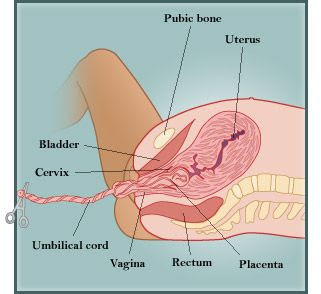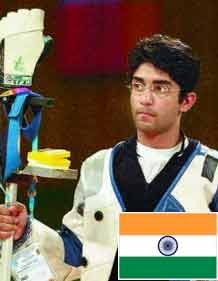
There are various methods of transferring property and one such is 'gift'. The expression gift means transferring movable or immovable property by a person to another person out of love, for services rendered, or in appreciation of an excellent action or deed.
Under the Hindu law, a gift of immovable property of any value must be made through an instrument called the 'gift deed', which must be registered. It must be within the framework of the Transfer of Property Act, Registration Act, and The Indian Succession Act.
According to the Transfer of Property Act, a gift is a voluntary transfer of existing movable or immovable property from one person to another person without any price consideration. The person who transfers the property is called the 'donor' and the person who accepts the transfer is called the 'donee'. A transfer is not complete without acceptance.
A gift must be free, absolute and unconditional except in cases where a land or building is donated for a particular purpose, like constructing a school or college, running a hospital or an institution. The deed may be revoked if the conditions are not fulfilled. A gift with the condition that the donee will not alienate the property is irrevocable.
The donor can give in gift an existing property, and not a property that he might acquire in future. The donor must ensure that the donee is competent enough to accept the gift. Only a major can make a gift and not a minor unless the guardian of the minor is empowered to do so. A minor too can accept a gift if he can understand what it is all about, or he can accept it through his guardian.
The bare essentials of a gift deed are, it must be done on donor's free will and without any price consideration, it must be accepted by the person or on behalf of the person to whom it is transferred, it must be done during the life time of the donor and the donee, it must be an existing property and not a future one.
A deed of gift is similar to a deed of conveyance. The apparent difference is that the consideration is love and affection the donor has towards the donee. As a gift requires acceptance by the donee, it is the general practice to make the donee a party to the deed and to make him an executing party as well.
The deed must contain a brief narration as to how the donor got possession of property, that he has the legal right to part with the property, that he is competent to transfer the property, that it is his self-acquired property or his share of ancestral property, that the property is not encumbered, and if encumbered how he will indemnify the donee against any monetary loss, and that the donee is competent to accept the gift.
A donor can transfer an immovable property to the donee out of love and affection he has for the donee, in cases where relatives are involved, or out of consideration of esteem or regard when the property is gifted to a person for whom the donor has high regard or for the benefit of the society for a particular cause.
If the gift is to a public trust or a charitable institution, it is always advisable to follow the procedure of a sale by scrutinising the title as to its ownership, marketability and encumbrance. It must be in writing.
This is necessary because after accepting the gift if the donee invests money on the property by making additions, alterations and renovations to the existing building, and finds that the title to the property is defective at a later date, the donee will have to face innumerable problems.
Defective title prevents the donee from making profitable use of the property. He can neither lease nor mortgage it. Therefore, the donee before accepting the gift must make sure that the donor has the right to part with the property.
The donor must sign a deed of gift and two witnesses must attest his signature. A deed of gift pertaining to an immovable property must be registered. A deed of gift needs the donee's acceptance and therefore the general practice is not only the donee is made party to the deed but also make him an executing party. If the donee does not accept the gift, the mere fact of registration will not make the gift legal.
When a property is transferred in gift, the donor renounces his right, title and interest in the property and the donee is free to use the property and alienate it as he wishes, unless it is conditional. A gift is considered invalid if the property gifted is not in existence, if the donees refuses to accept it, if it is made revocable by the donor, if it is a gift in future, if it is an illegal transfer, or if it is transferred to an incompetent person.






























